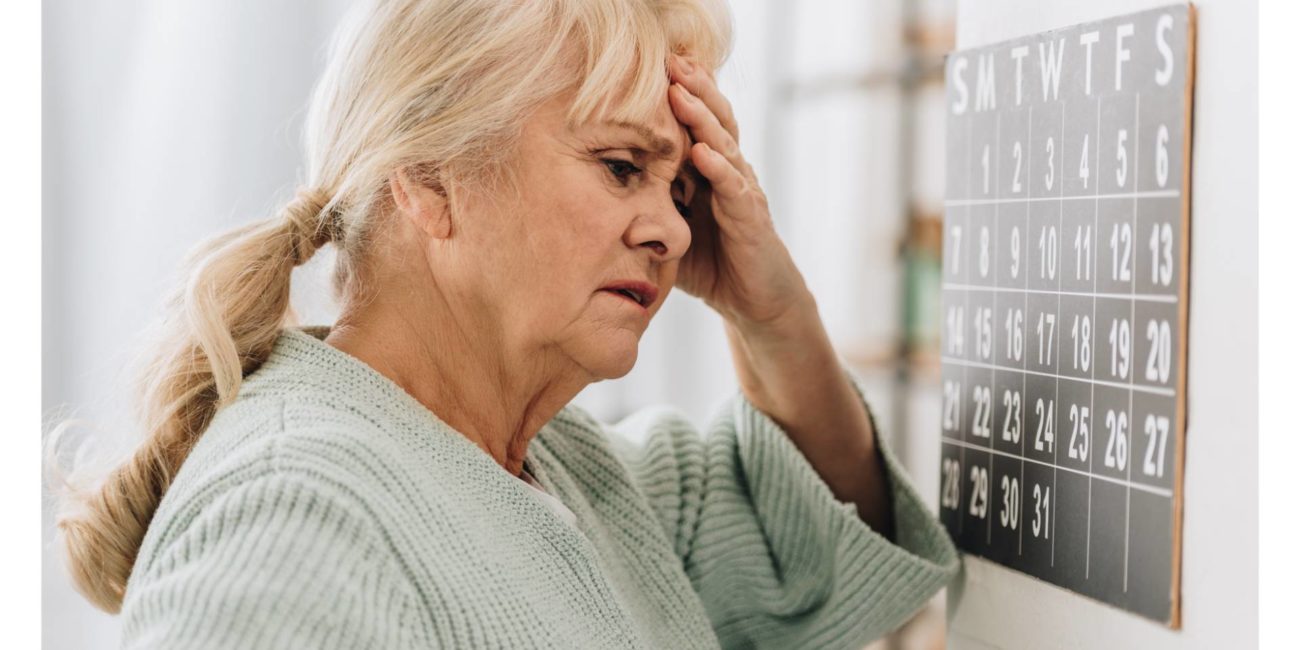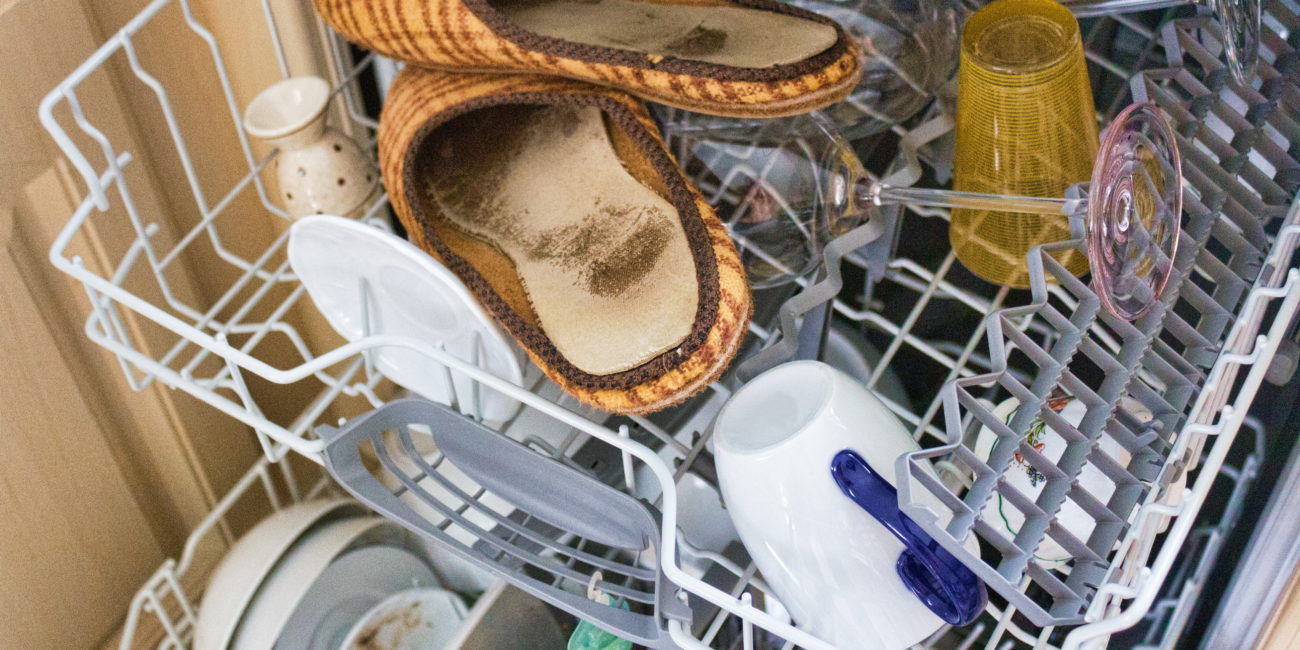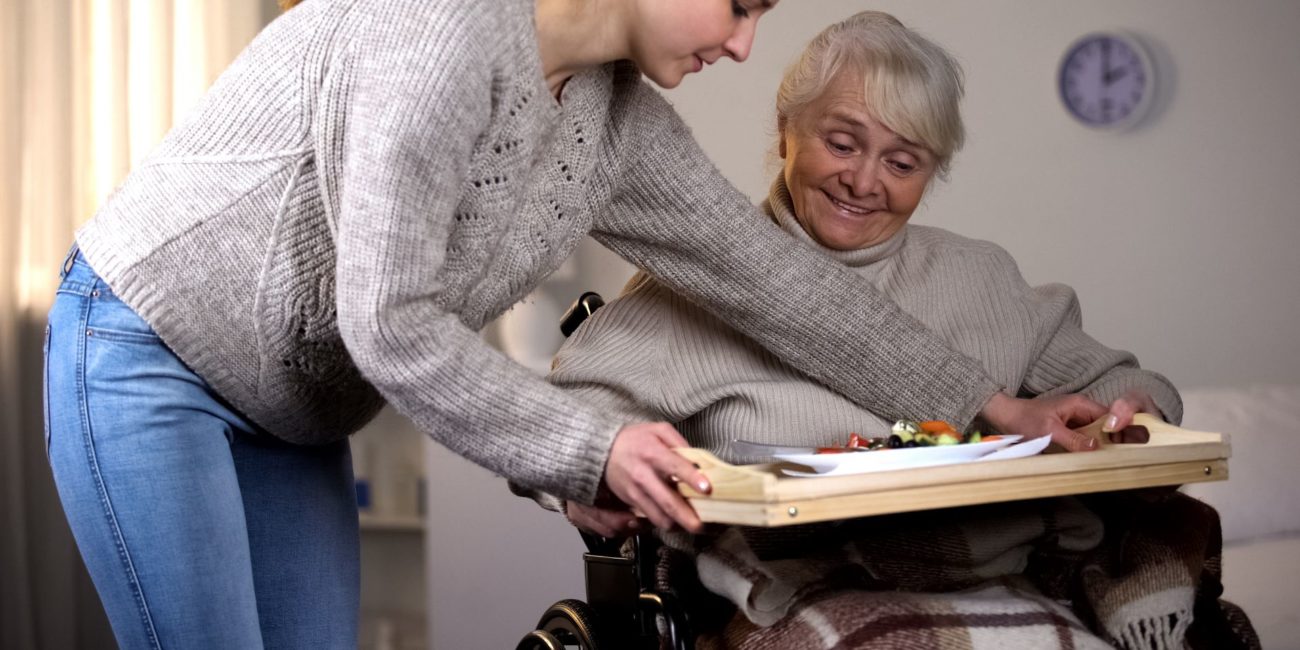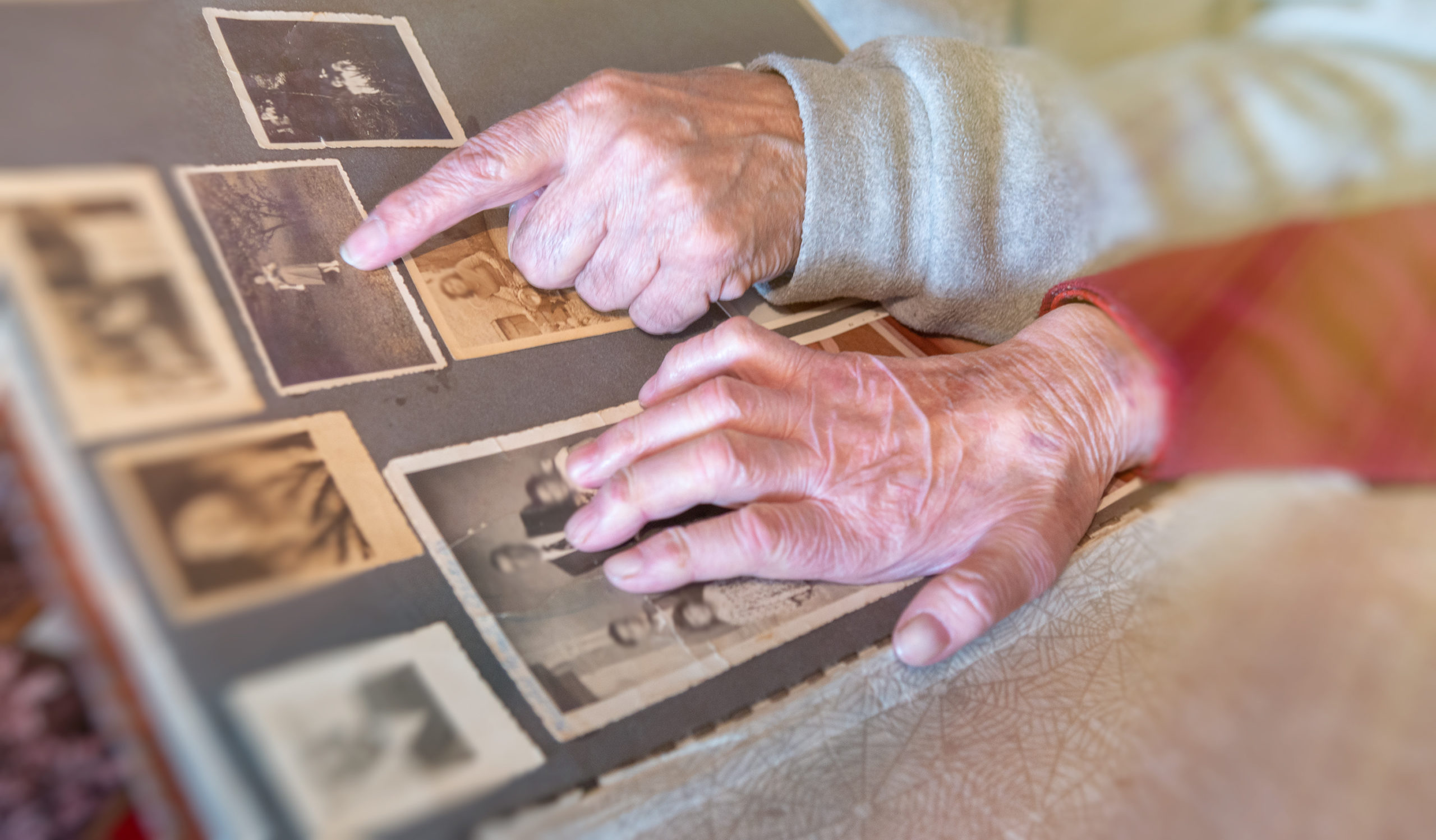It’s Not What It Looks Like…
As caregivers and concerned family members, we want to make sure our elder loved ones are healthy both physically and mentally. Memory loss is very common amongst older adults, but not a ‘normal’ part of the aging process. We want to identify memory loss early so it can be treated effectively, and in some cases, reversed.
We tend to look for the obvious. Are they forgetting names? Are they forgetting directions? Are they remembering to call? All of this is certainly memory loss, but you’d be surprised to know that memory loss can reveal itself very early in the least obvious ways. That said, let’s walk through some less-obvious early signs of memory loss so we can make sure our elderly loved ones are living happily and healthily.


The Social Signs
Sometimes, memory loss can show itself through “awkward” social behavior. This is especially true if this behavior is noticeably different from how you’ve known your elder loved one to behave. These signs can include…
Inability to Detect Sarcasm
Those experiencing memory loss can often lose their ability to detect sarcasm. The same jokes that used to land with your elderly loved one might begin to go right over their head. They’ll be unusually gullible and will take sarcastic comments as literal statements.
Using Hurtful Words
If you’ve always known your loved one to be kind and sweet, or at least hold back hurtful opinions, you might be surprised to find them saying hurtful things about you and others. Before you get angry, know that these hurtful statements might be out of their control. They could be exhibiting early signs of memory loss.
Staring
Prolonged staring might be a sign that memory loss is on the way for the elders in your life. Even mid conversation, they might begin to stare at you, others, or objects for uncomfortable periods of time. Eye movement might also become irregular, causing them to lose focus or skip lines while reading.


Behavioral Signs
If your loved one is in the early stages of memory loss, you might begin to notice strange changes in behavior. Some can be completely benign, some can be harmful, but all of these signs could mean that memory loss is on the way. These signs can include…
Changes in Handwriting
You might be shocked to find your regular letters and cards from grandma seem like they’ve been written by somebody else. One little known sign of memory loss is a change in handwriting. These changes normally take the form of smaller handwriting, or look as if the letters and words are closely bunched together, but a change in something so deeply practiced and repeated can certainly be considered a red flag. Maybe Grandma just wants to change things up, but pay close attention if you notice a change in handwriting.
Compulsive Behavior
We know our elders can be set in their ways, but an unusual and obsessive adherence to certain behaviors can be a warning sign to watch out for. Your loved one might do things like obsessively locking doors. They might insist on buying a can of green beans every time they go to the store despite already having a cupboard full of them. The list goes on, but watch out for compulsive behavior if you’re worried about memory loss.
Strange Eating Habits
If you know your elderly loved one well, you likely know how they eat. When looking for signs of memory loss, you’ll want to look out for unusual eating habits. This can include a new and excessive taste that they’ve never had before, maybe for sweets. They might also make a habit of eating spoiled or rotten food from the fridge. Obviously, this early sign of memory loss can have some damaging physical effects as well.


Support from WellQor
It’s important to know that these are only a few of the ways you can spot memory loss early. If you begin to notice one or more of these signs, it’s a good idea to check in with a professional. Specialists like those at WellQor can help determine whether or not your loved one is experiencing memory loss, make a treatment plan, and even educate you on how to best care and watch out for them. With these unusual signs of memory loss in mind, we hope you’ll have the knowledge to be a better friend, caretaker, or family member to the elderly loved ones in your life.



Leave a Reply